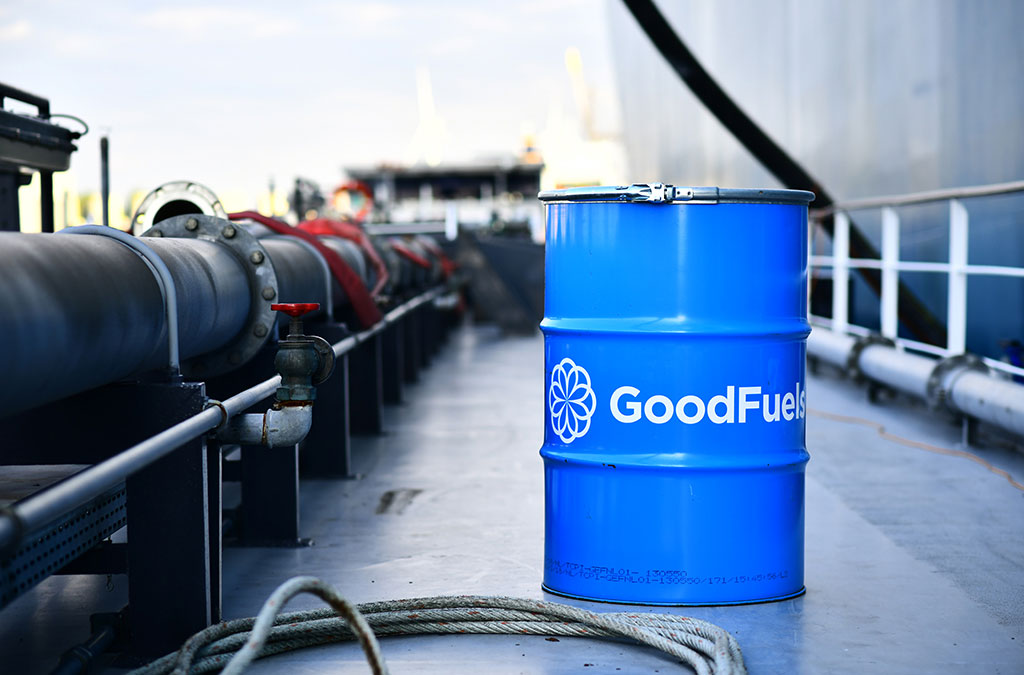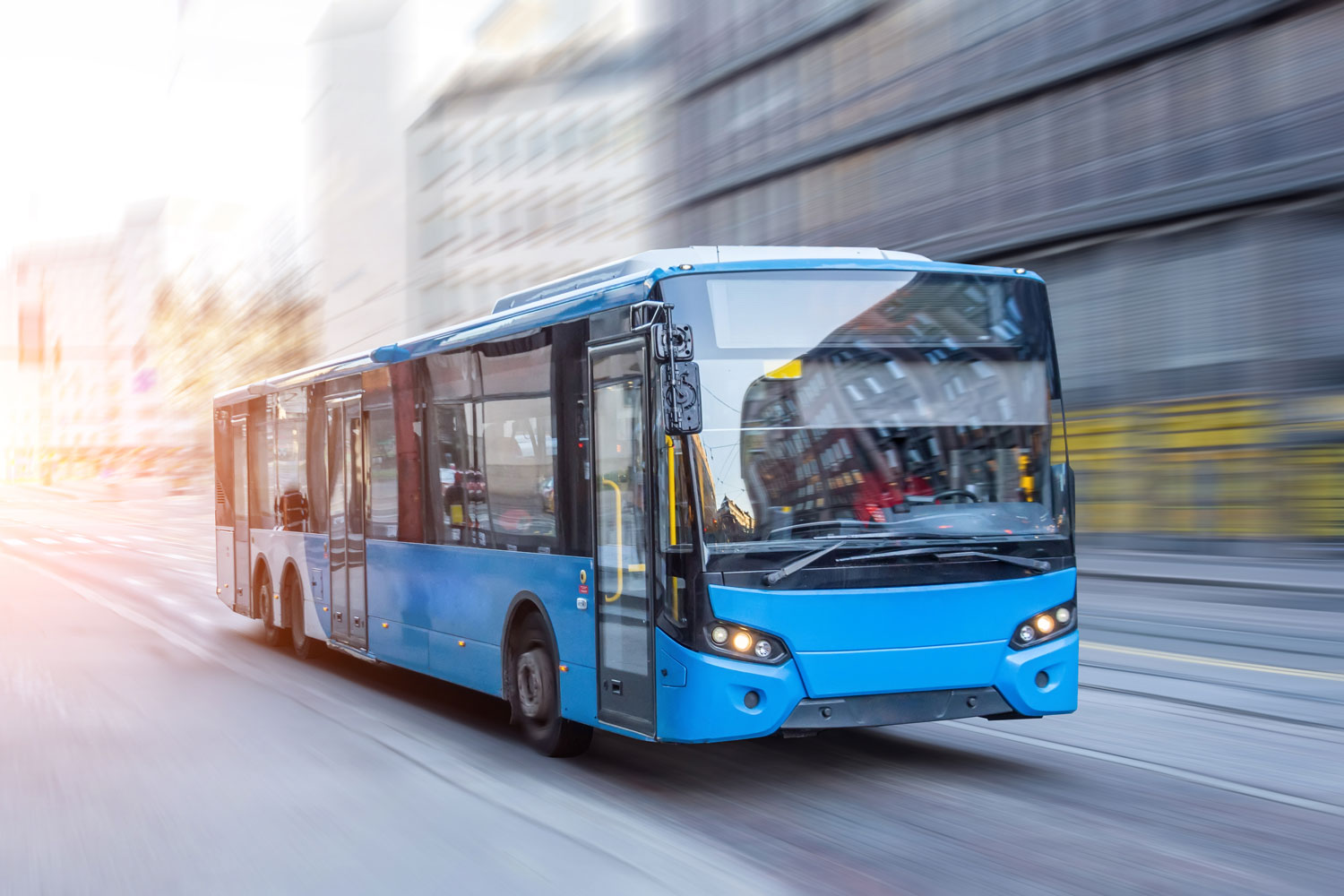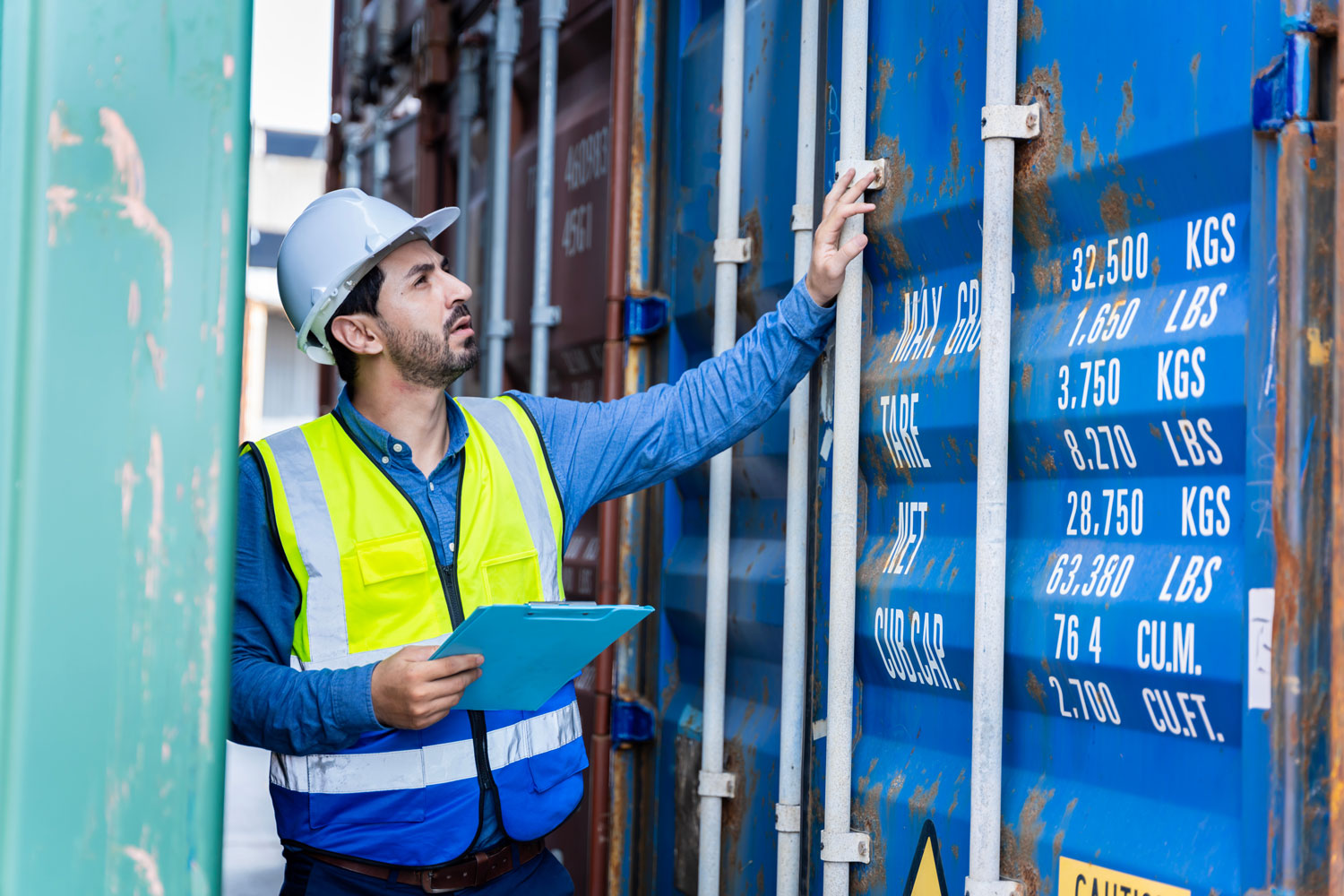Union Database for Biofuels: Bridging the gap for unified standards and transparency in biofuels
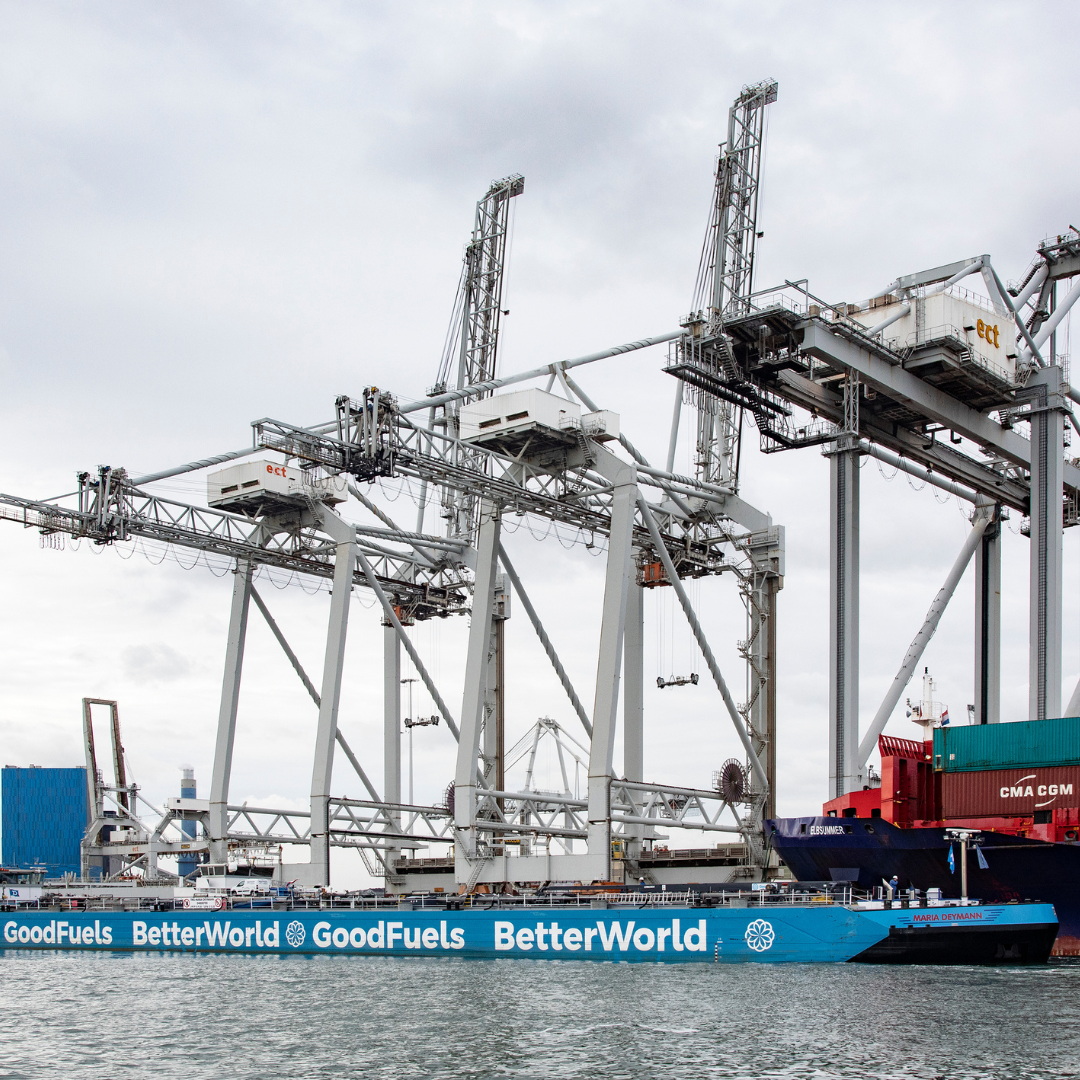
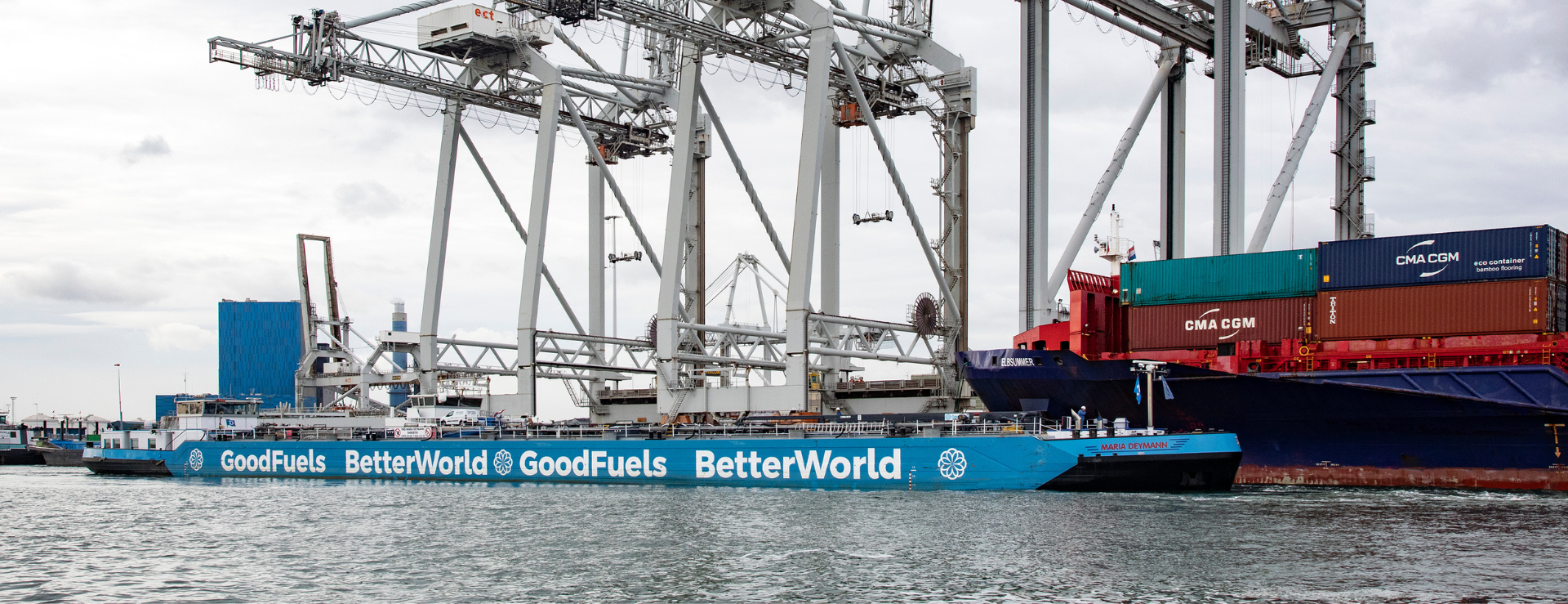
As the world races to meet global carbon reduction targets, the need for transparency in the biofuels supply chain has never been more critical.
The maritime industry, like many others transitioning to greener alternatives, has made great strides in this area. However, while certification schemes such as ISCC (International Sustainability and Carbon Certification) provide a framework for traceability, they primarily cover the part from the feedstock to the fuel supplier, leaving gaps in the full biofuel value chain.
With GoodFuels, we have always prioritised the advancement of supply chain transparency and traceability within the maritime market. One step we took in this direction was our collaboration with Samskip, where we worked together to achieve the world’s first-ever bunker delivery using blockchain technology.

World’s first bunker delivery and transaction using blockchain technology, made by GoodFuels and Blockchain Labs for Open Collaboration on a Samskip vessel
Much like certification schemes such as ISCC, which rely on a paper trail to verify sustainability, this pilot sought to replace that traditional documentation with a digital equivalent—a digital proof of sustainability or bunker delivery note. By streamlining the auditing process, blockchain offers a more efficient and transparent alternative, with the potential to eventually enable the tokenisation of CO2 emissions, providing a cutting-edge solution for the industry.
Recognising the need for more robust solutions, we also worked with shipping company Norden to introduce physical fuel tracing technology through an isotopic tracer developed in collaboration with Control Union and IDS Group. The success of this pilot demonstrated the potential of innovative tracking solutions, but we know that isolated efforts, whether digital or physical, won’t solve the bigger issue.
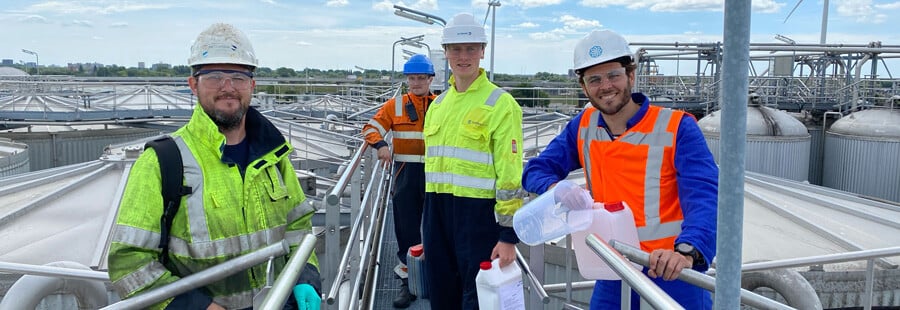
GoodFuels, Norden, Control Union and IDS Group successfully test isotopic tracer for marine biofuels
Both blockchain and isotopic tracing were important steppingstones, but they aren’t yet commercially adopted across the industry. To create lasting change, we need a comprehensive, industry-wide system—whether digital, physical, or a combination of both—that can ensure full transparency and traceability across the entire biofuel value chain.
This is why we are happy to see that the European Union is working on introducing the Union Database for Biofuels (UDB), a government-led initiative under the EU’s Renewable Energy Directive (RED II). The UDB is designed to create a centralised digital platform to track biofuels throughout their entire lifecycle, from feedstock sourcing to final use.
What is the UDB database?
The Union Database for Biofuels (UDB), part of the European Commission’s Renewable Energy Directive (RED II), is a digital platform designed to track and trace biofuels across their entire lifecycle—from feedstock sourcing to final use. By standardising data inputs from all stakeholders, including producers, distributors, and end users, the UDB ensures transparency and traceability, logging key details such as feedstock origin, sustainability certifications, production methods, and carbon savings.
The UDB became open for registration in January 2024 and is expected to be fully operational by the end of 2026. With gradual rollouts over the next two years, the system will enhance its capabilities, improving biofuel traceability, avoiding double counting, and addressing fraud concerns. Once fully implemented, this initiative will provide regulators, suppliers, and end-users within the EU with confidence that their biofuels meet sustainability standards and deliver the expected CO2 reductions.
Advancing biofuel transparency, together
While the UDB is a major step forward, it is currently focused on EU member states, but the hope is that this system could eventually serve as a blueprint for global adoption, ensuring consistency in biofuel traceability worldwide.
With GoodFuels, our journey toward full transparency goes beyond individual pilots or regional frameworks—it’s an ongoing mission to drive systemic change. By developing new technologies, supporting international standards, and collaborating with industry partners, we are pushing the boundaries of biofuel traceability.
Embrace truly sustainable biofuels today
As we await the full rollout of the UDB, companies in the maritime sector can already start taking action. Embracing biofuels that are already traceable and sustainable is key to making an immediate impact. If you’d like to learn more about marine biofuels, reach out to our team. Together, we can drive meaningful change towards a #BetterWorld.
Learn more about the Union Database for Biofuels on the official EU website on Energy, Climate change and Environment.



